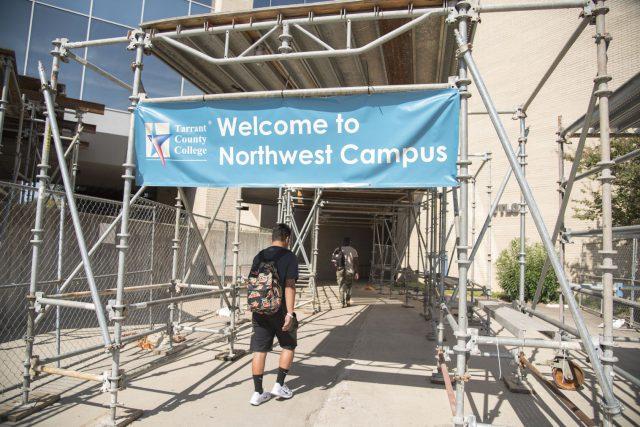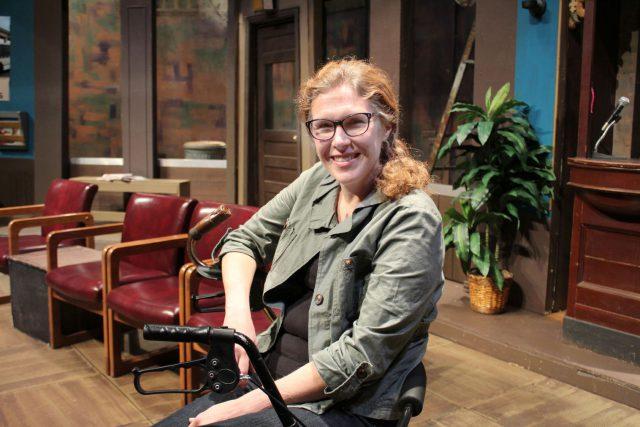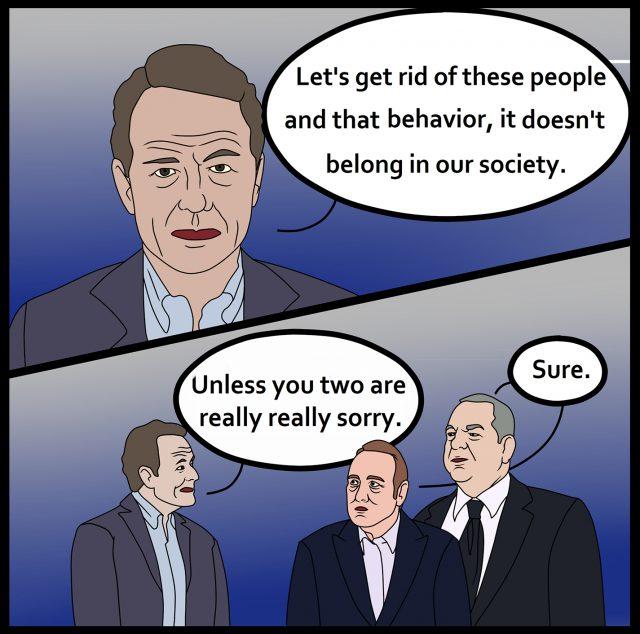By Annette Kirk/campus editor
To travel the world all one needs is a passport and an appetite for adventure to see the pictures in books come to life, professors told NW students Nov. 15.
Laura Wood, George Edwards and Tony Roberts sat down with students during a brown bag roundtable for the Global Citizen Awareness program. The professors spoke to students about opportunities inside and outside of the school community that help people explore other countries.
“A passport is your key to the world,” Wood said. “After traveling the world, I became less shy.”
Wood opened the roundtable session with the importance of a passport. She said passports typically take six to eight weeks to arrive but can be expedited for an extra charge on top of the $100 fee to obtain one.
For Wood, her first travel experience to Vienna, Austria, was nirvana. As a European historian, seeing the architecture of the city in person is one of her most treasured memories. Wood said the pictures she saw before traveling there did not compare to seeing the real thing.
“It’s the people that make the experience, not just the place,” Wood said.
On her trip to Salzburg for an organization meeting, Wood encountered a group of rocket scientists that worked on the Baikonur Cosmodrome located in present-day Kazakhstan on the roof of her building eating cheese and drinking beverages. She never thought she would get the chance to meet a rocket scientist. To her, passports opened a world of opportunity.
Roberts led the conversation to travel using www.sistercities.org. He told students that the website offers opportunities for education-related travel experiences and friendship tours. In the 1980s, Roberts took several friendship tours where he immersed himself in the culture where he traveled.
When Roberts went to China, he said he learned about the underlying value of balance and beauty. He was exposed to the culture, the customs and the thinking of the Chinese people.
“I was always scared to talk because with the wrong inflection of a word I could be saying something bad,” he said.
Roberts demonstrated some of the knowledge he gained while living abroad and how he can now note when the balance of a room or building is off or when an object lacks beauty.
Edwards, an English professor, told students to be prepared for traveling overseas. He said he had heard about jetlag but did not actually know what it was until he experienced it. He felt he was behind and tired everywhere he went. He made sure he got enough rest the next trip.
Edwards went to London in 2012. He said he felt a sense of kinship between the U.S. and England because of the ties previously held between the two countries.
Edwards read about the places he was going in picture books, but he never knew what it actually looked like, he said, until he stood before it.
“Each time I went somewhere, I said, ‘I know something about this place,’” he said.


































